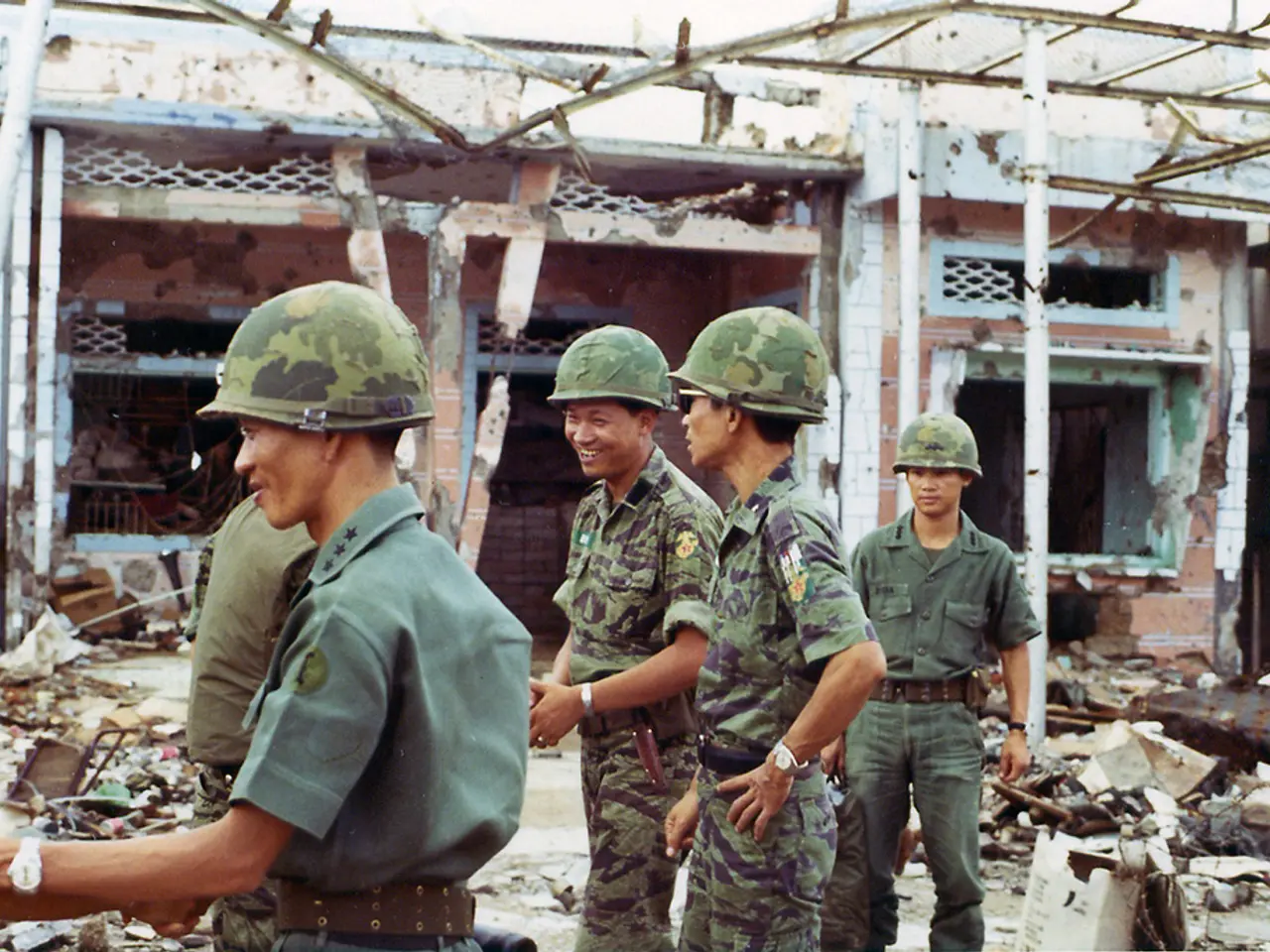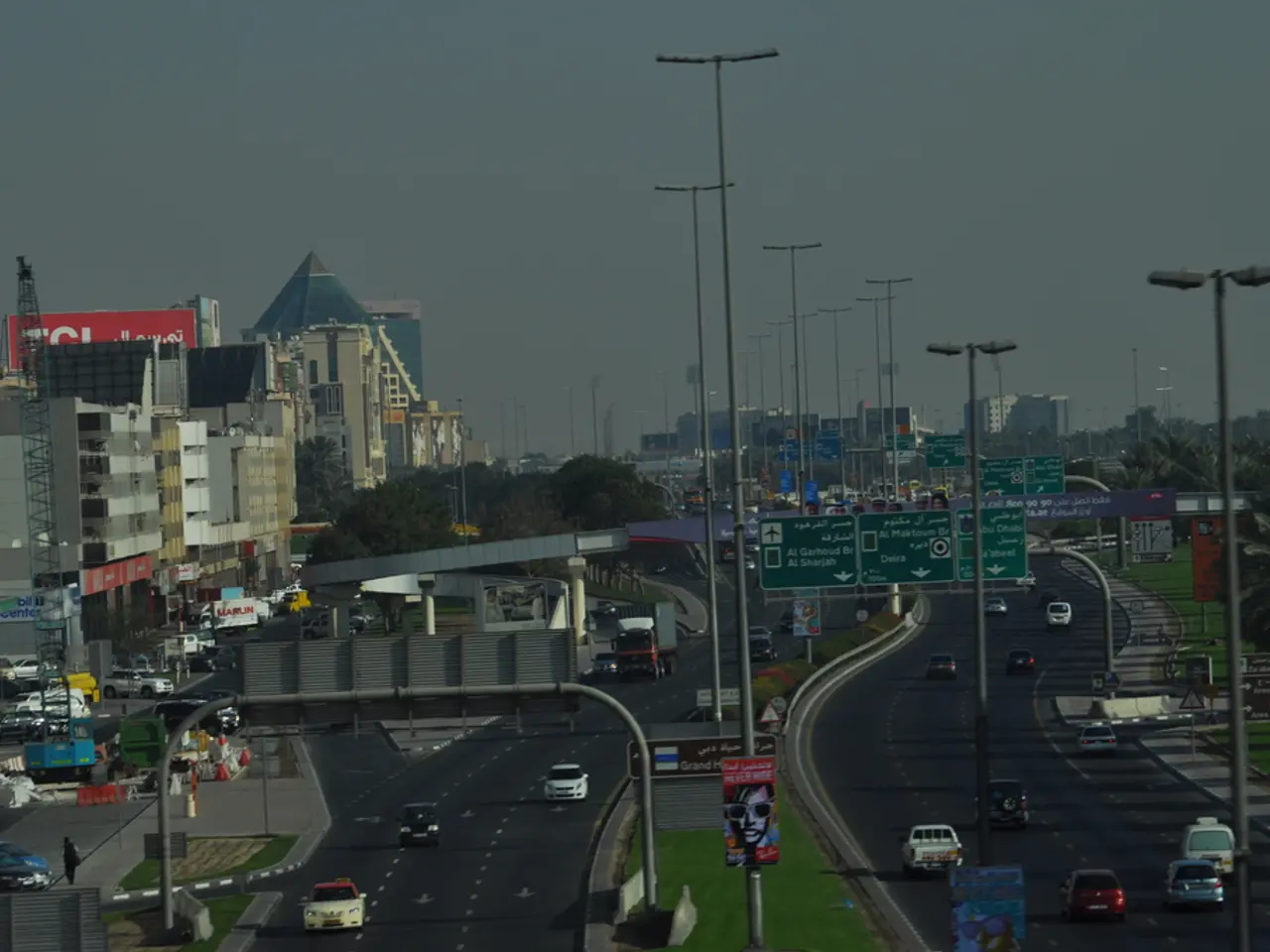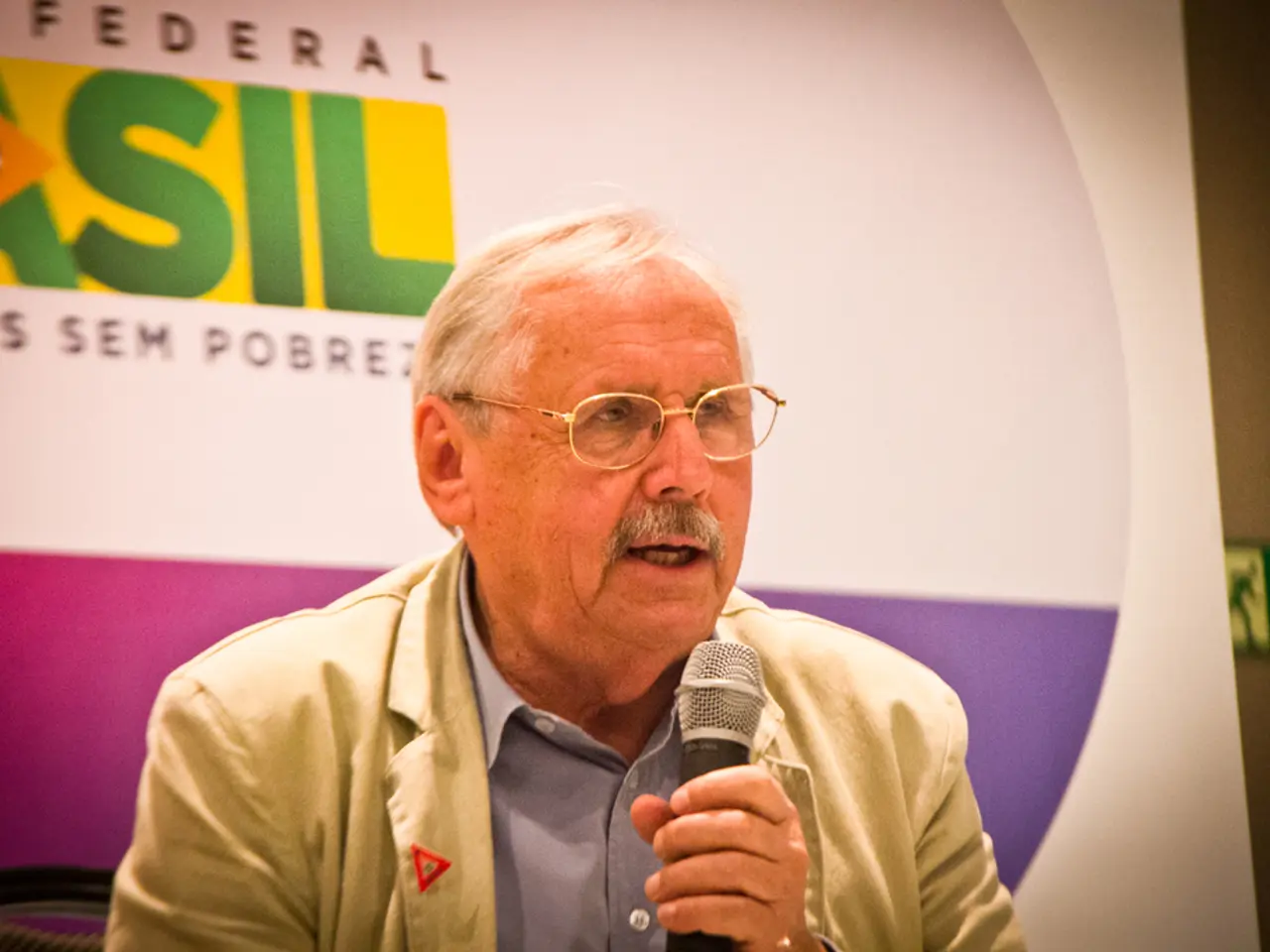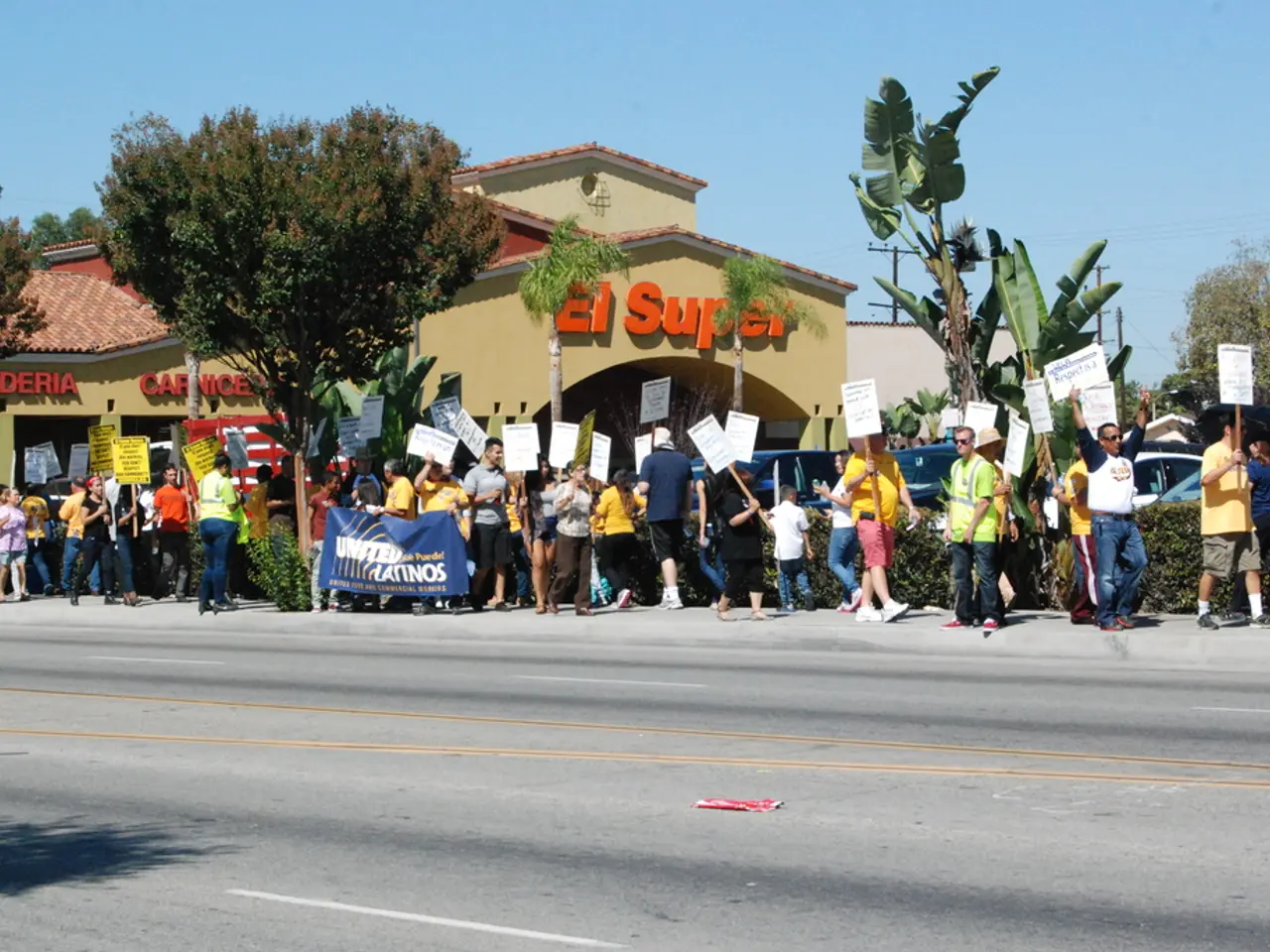Israel unveils strategy to seize control of Gaza City, marking an intensification of the ongoing conflict
The Israeli Security Cabinet has approved a contentious plan to expand the ongoing conflict in Gaza and take control of Gaza City, the largest population center in the Gaza Strip. This decision, part of a broader strategy to combat Hamas, has sparked international concern due to grave humanitarian, legal, and strategic implications.
The proposed plan involves a gradual siege and evacuation of the population from Gaza City to designated humanitarian zones. The Israeli military intends to control movement and distribution of aid within the area. The ultimate goals are to demilitarize Gaza, disarm Hamas, secure the release of all hostages held by Palestinian armed groups, and establish an alternative civilian administration distinct from Hamas or the Palestinian Authority.
However, the plan faces strong opposition both internally and externally. Israeli military sources have expressed concerns that this operation could lead to high troop casualties, more civilian deaths, and prolonged urban guerrilla warfare, potentially playing into Hamas' hands.
Internationally, the United Nations and European Union have strongly criticized the plan, urging reconsideration and warning it will worsen the humanitarian crisis and destabilize prospects for peace. The UN High Commissioner for Human Rights, Volker Türk, has called for an immediate halt to the military takeover, citing it as a violation of international law and a risk of massive forced displacement, more deaths, destruction, and atrocity crimes.
The international community broadly calls for ending hostilities and steps toward a two-state solution respecting Palestinian self-determination. Germany, for instance, has halted its military exports that Israel could use in Gaza, with German Chancellor Friedrich Merz calling for aid organizations to have "comprehensive" access to the territory.
Meanwhile, within Israel, the Israeli military is stretched and traumatized, with increasing protests domestically demanding an end to the war. Far-right political elements are reportedly pushing for harsh measures including starvation and expulsion, which international observers view as deeply contentious and destabilizing.
As the Israeli military prepares to take full military control of Gaza City, the fate of its residents remains uncertain. Many, like Mohaneb Yahya al-Sahhar, a 32-year-old from Gaza City, believe the planned operation will fail because Gazans have already persevered through hardship. Others, like Ali al-Hanafi Abu Hassan, a 51-year-old displaced in Gaza City, fear the destruction of their homes and the loss of loved ones in the proposed evacuation.
In the midst of this turmoil, Gaza City's partially functioning hospitals and churches serve as sanctuaries for the city's residents. As the world watches, the future of Gaza City hangs in the balance.
- The Israeli military's planned control of Gaza City involves a restriction on the movement and distribution of aid, as per the contentious plan that seeks to demilitarize Gaza and establish an alternative civilian administration.
- International organizations, such as the United Nations and European Union, have strongly criticized this plan, warning it will exacerbate the humanitarian crisis, destabilize peace prospects, and violate international law.
- The proposed evacuation of Gazan residents to designated humanitarian zones has drawn opposition domestically, with concerns about high troop casualties, prolonged urban warfare, and potential atrocity crimes.
- In the financial sector, some experts are discussing the potential implications of this conflict on ESG (Environmental, Social, and Governance) investments, specifically Defi (Decentralized Finance) projects that focus on supporting conflict-free regions, as these uncertainties might affect the overall position of these funds in relation to war-and-conflicts and politics.








